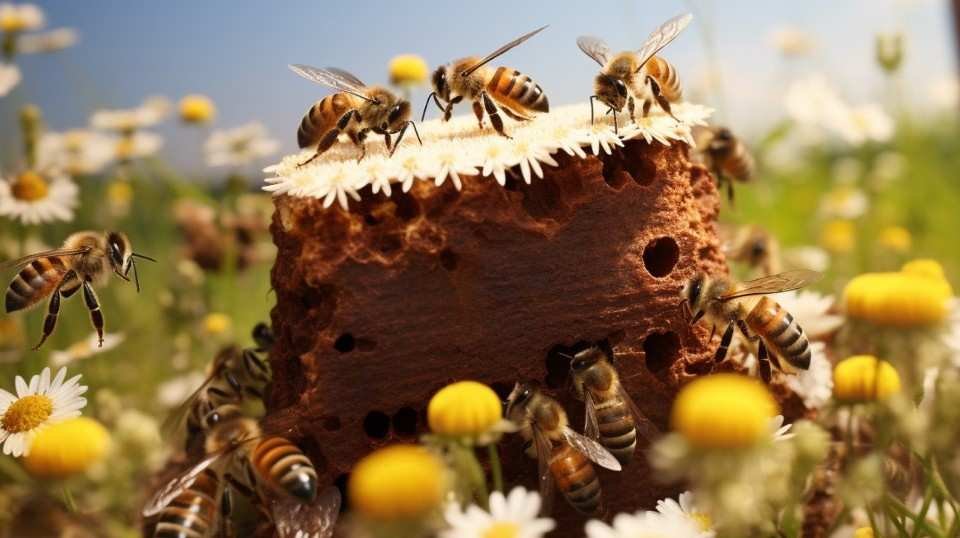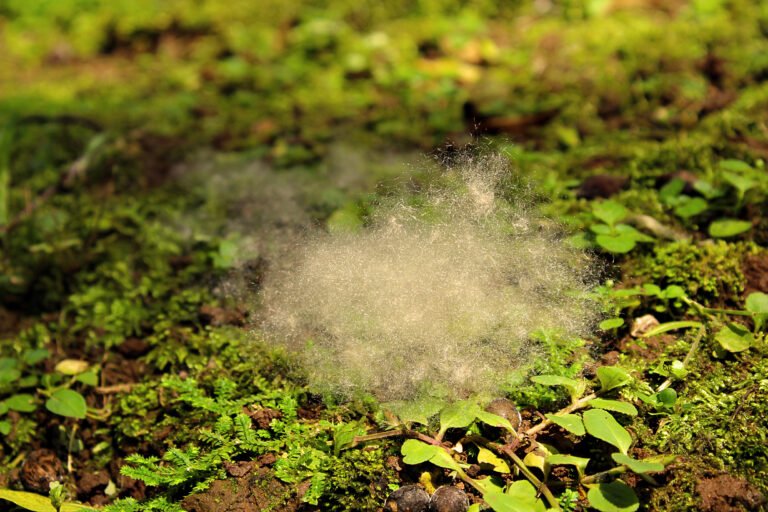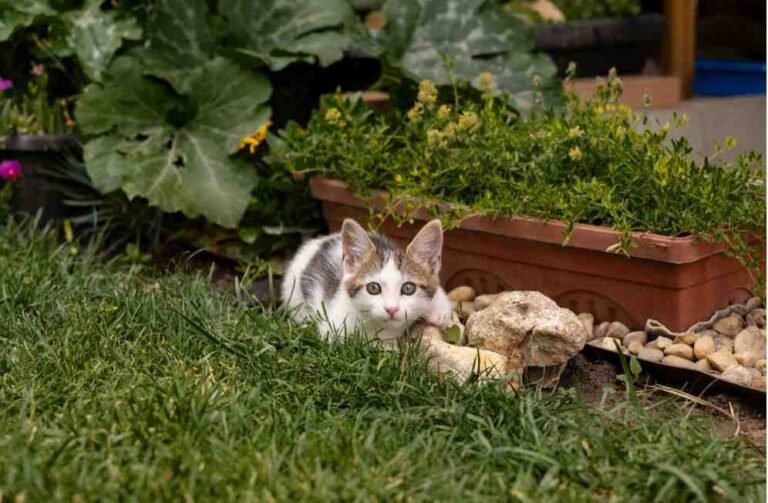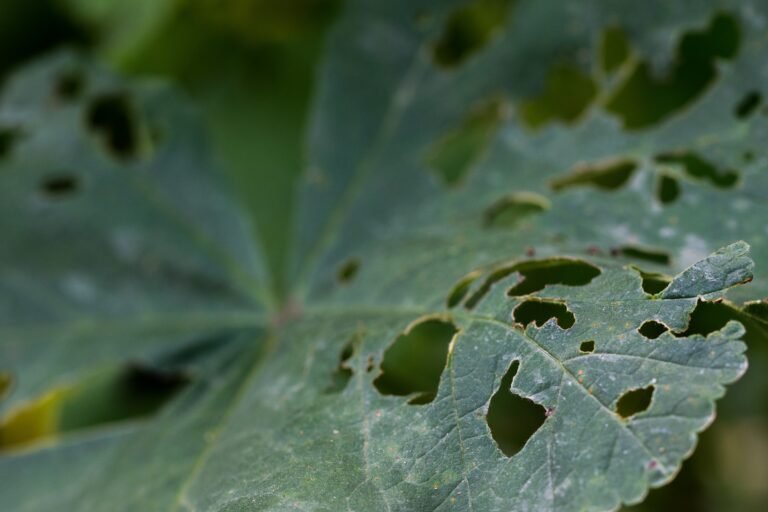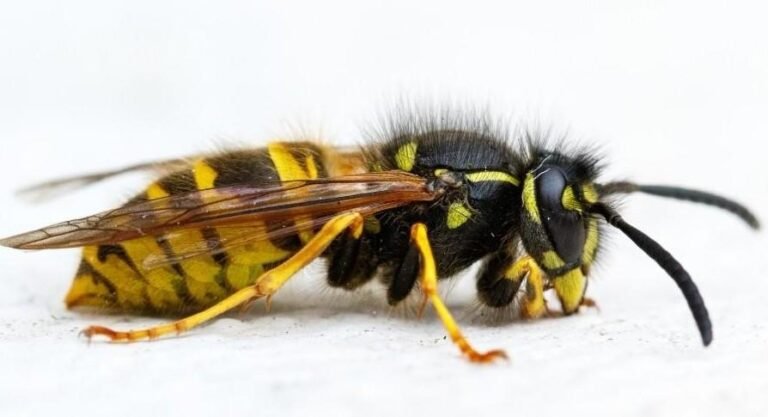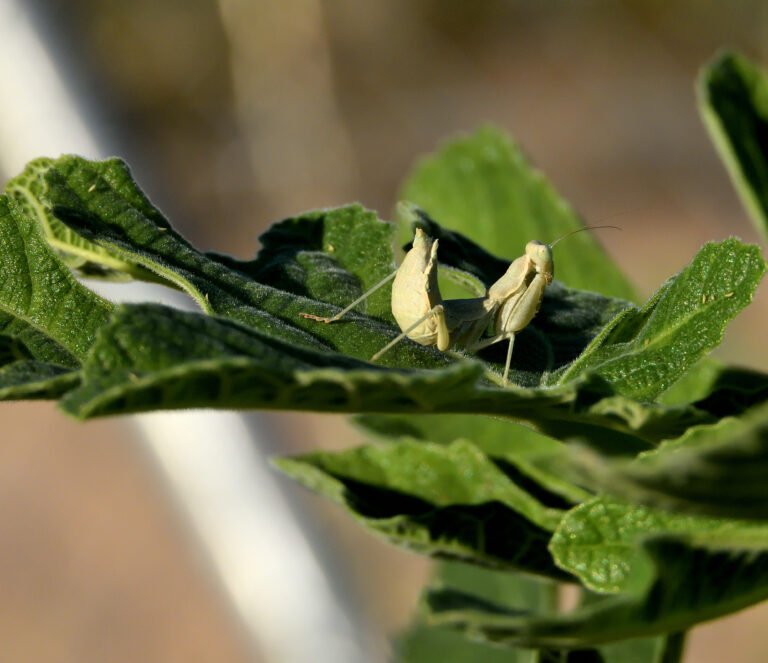How To Get Rid Of Ground Bees – Try Now!
Are you searching to find an answer of how to get rid of ground bees? While generally non-aggressive, ground bees can cause issues due to the nests they create in garden and lawns. To encourage them to move on, there are many natural ways to deter them without using harmful chemicals.
From this guide you will learn to identify ground bees, choose the best method for removal, understand how to know what ground bees are , and provide ways to prevent their return.
What Are Ground Bees?
Ground Bees are bees that nest in the ground. Many species nest underground, but unlike honey bees, ground bees are typically solitary, and many do not have stingers.
Males are generally more assertive but harmless, lacking stingers, and can only hover or bump into surfaces. Females possess ovipositors rather than stingers, unlike social bees.
Common types of ground bees include leafcutter bees, digger bees, sweat bees, mason bees, cellophane bees, mining bees, and plasterer bees.
These bees are usually smaller than 3/4 of an inch and come in various colors, from green and blue to metallic red, copper, and black. With just one new generation each year, ground bee populations typically do not grow exponentially.
It’s essential to remember that ground bees are important pollinators, so having them in your yard contributes significantly to the local ecosystem. Their ground burrows contain everything the new generation needs to thrive, including pollen stores for nourishment.
How to Know if You Have Ground Bees
Before attempting elimination, it’s helpful to confirm that the insects in question are indeed ground bees, as removal methods for hornets and wasps differ.
Look for small, cone-shaped piles of dirt in your yard, often with a pencil-sized hole in the center, which likely indicates a ground bee nest. You may also spot the bees themselves near their nests, typically measuring 1/2 to 3/4 of an inch and ranging in color from black to yellow, blue, purple, or green with a metallic sheen.
Ground bees tend to be solitary and do not swarm, making them less of a threat to people sensitive to stings. While males may appear more aggressive, they generally pose no harm to humans or animals.
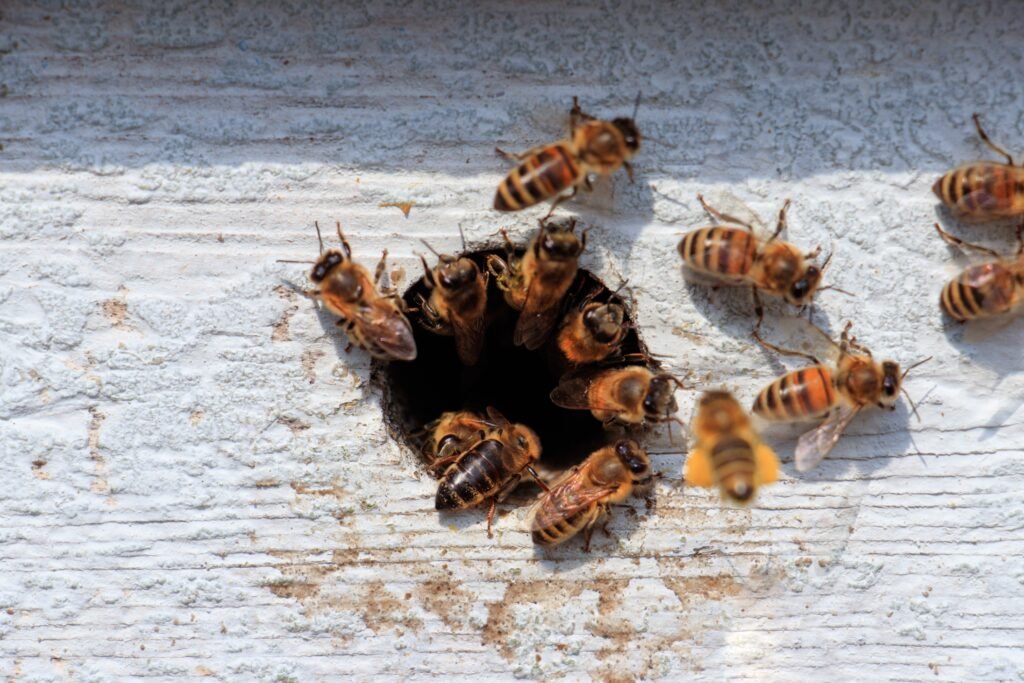
How to Get Rid of Ground Bees Naturally
These natural techniques can help deter ground bees from nesting in areas they shouldn’t occupy.
Cover Nesting Holes
Use heavy objects like bricks or stones to cover nesting holes. This prevents bees from reentering the burrows, effectively blocking them from returning to that spot. Once they realize they can no longer access the nest, they will likely move on and find new areas for nesting.
Soak Your Lawn
Groundbees favor dry soil with little vegetation. Regularly watering your lawn can discourage bees from nesting. In hotter, sunnier climates, you may need to water the lawn more frequently to see results and make it less appealing to nesting bees.
Use Natural Plant Repellents
Certain plants, like mint, eucalyptus, and citronella, naturally repel bees. Planting these where ground bees are nesting may encourage them to relocate.
Additionally, essential oils such as peppermint, tea tree, and eucalyptus can be used as repellents. Mix several drops of essential oil with water in a spray bottle and apply it around the nesting area.
Try Garlic or Cinnamon
Garlic is another natural repellent. Crush garlic cloves, mix them with warm water, let them sit for a few hours, strain, and spray the solution around the nest. Sprinkling cinnamon on the nest is also effective, as bees dislike the strong smell and will likely move away if cinnamon is applied regularly over time.
Try a Vinegar Solution
Spraying a vinegar and water mixture at the nest entrance can also drive ground bees away. Vinegar’s acidity is unpleasant to bees and may encourage them to search for an alternative nesting site.
Use Soapy Water
A combination of dish soap and water can naturally deter ground bees. Pour this solution into the nest entrance during the evening when the bees are less active.
Essential Oils Bee-Repellent Spray
Create a spray using eucalyptus or cedarwood essential oils for a more comprehensive solution. This spray deters bees without harming them and can also be used to repel insects indoors. Mix the oils with water in a spray bottle and apply to areas where you don’t want bees. Avoid spraying food near the eyes or on the skin if undiluted.
A peppermint essential oil spray can also be effective. Combine three tablespoons of liquid soap, water, and several drops of peppermint oil in a spray bottle.
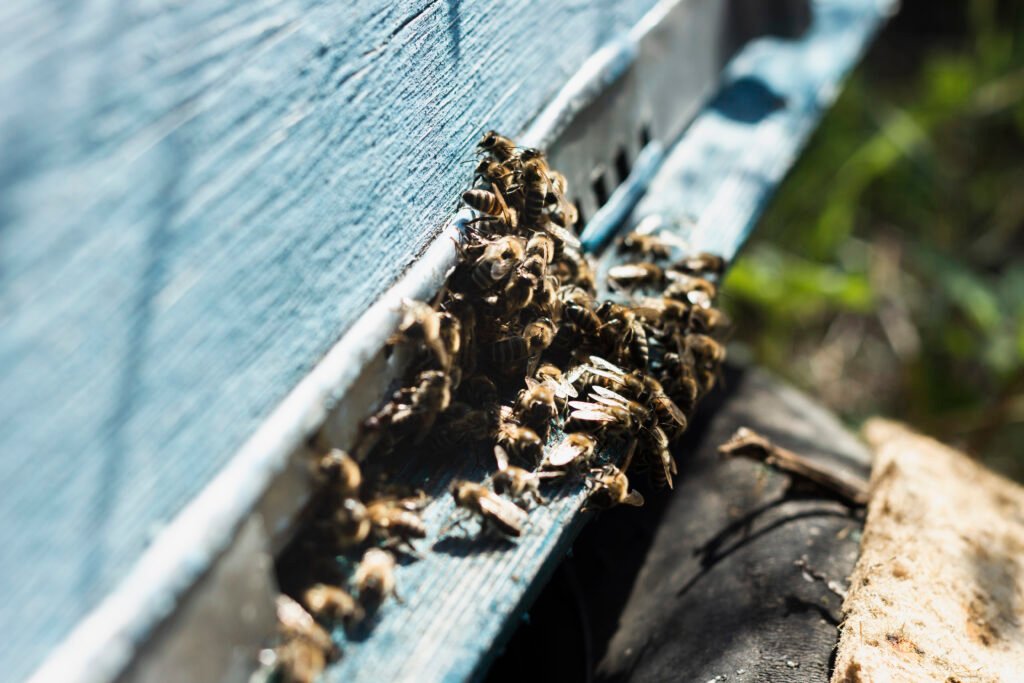
This soapy mixture can be sprayed on outdoor surfaces. The scent remains even after the water evaporates, providing lasting protection.
Fresh Cucumber
Cucumber peels work as a natural repellent. Slice fresh cucumber and place it on an aluminum pie plate. The reaction between the cucumber and aluminum produces a scent that bees dislike. While simple, this method is effective.
Hopefully, these homemade bee repellents will give you helpful ideas for keeping bees out of your property. Plants, herbs, and essential oils have been used for centuries and continue to be effective. However, a stronger approach may be needed if you have a significant bee presence or if anyone in your household has bee allergies.
Professional Ground Bee Removal
If you’re dealing with a severe infestation, are allergic to bees, or are uncertain about the specific bee type, it may be best to contact a professional pest control expert for removal. If hiring a bee removal specialist, ensure they have experience with ground bees and ask about their guarantees for effective removal.
The cost of professional insect control ranges from $30 to $50 per month or $400 to $950 per year.
Professional bee removal projects can cost up to $1,500, though the average is around $450. Professional ground bee removal includes several advantages, such as comprehensive assessments, targeted treatments, and expert equipment, which ensure effective removal and reduce the chances of recurrence.
The experience will depend on the severity of the infestation and the service you choose. By hiring a professional, you may benefit from the following:
- Complete Evaluation: Pest control specialists begin by thoroughly inspecting the area to ensure that ground bees, not more aggressive species, are the issue and to assess the extent of the infestation.
- Targeted Insecticides: Professionals may use insecticides specifically designed to eliminate ground bees. Some offer eco-friendly or pet-safe alternatives.
- Additional Visits: Removal may require more than one visit. Experts can return to confirm that the bees are gone and apply further treatments if necessary.
- Long-Term Treatment Plans: A monthly or annual pest control program may be recommended for persistent pests.
Preventing Future Ground Bee Nests
As with most pests, prevention is better than a cure. Bees may be attracted to your property due to suitable nesting conditions, which can be modified to make your home less appealing.
Yard Modifications
Change your yard’s conditions to make it less favorable for bees in the ground. Regularly water your lawn, especially in early spring, to moisten the soil.
Consider installing a sprinkler if manual watering is challenging. If you find old nests, add water to the entry hole to prevent bees from reusing them.
Plant thick grass or dense ground cover in previous nesting spots to make these areas less attractive. Removing preferred habitats reduces the chances of future bee nests on your property.
Natural Repellents
Some plants naturally emit scents that deter ground bees. Planting species like peppermint, eucalyptus, or cucumber around your yard can help keep these pests away. Alternatively, pantry items like cinnamon or a 1:1 mixture of vinegar and water can be applied to areas where bees tend to nest.
Use Mulch in Gardens
Loose, frequently tilled garden soil can be an appealing nesting site for ground bees, particularly in areas with high human traffic. Applying mulch to garden beds blocks bees’ access to the soil, reducing their likelihood of nesting while helping to retain soil moisture.
Final Thoughts on How To Get Rid of Ground Bees
Professional intervention for how to get rid of ground bees is often the best option for effective ground bee removal. An experienced pest control provider can locate all ground bees nests and implement a targeted removal plan that minimizes harm to other insects and the environment.
Experts also make use of specific equipment and safety precautions that are geared towards the health of your family.
Prevention is essential and you must be aware of early warning indications and possible nesting locations before the bees establish the area and spread.
Fast action, whether via natural repellents, consistent lawn care or competent assistance, can stop the spread of a full-blown infestation, and make the removal process easier.
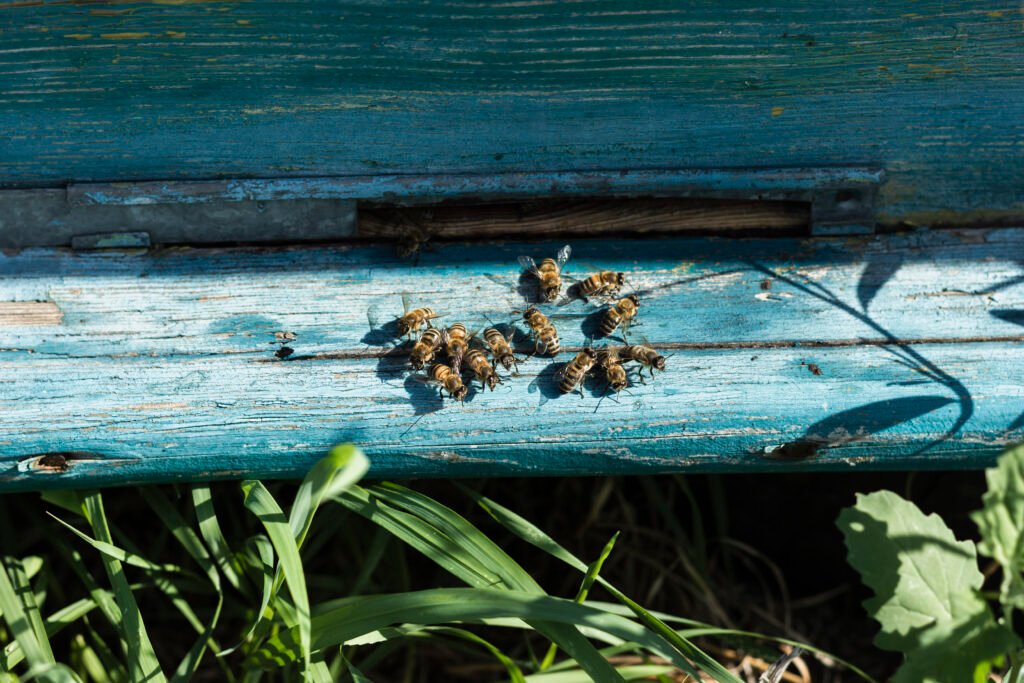
FAQs
How Can I Keep Bees Off My Property?
Neem, mint, citronella, eucalyptus, and cloves are popular and effective bee deterrents. These plants are easy to grow and require minimal maintenance.
What Scents Do Bees Dislike?
Bees avoid citronella, lavender, vegetable oil, olive oil, lime, and lemon. Applying these oils outdoors can repel bees. Other effective repellents include spearmint, peppermint, eucalyptus, and thyme.
What’s An Effective Homemade Bee-Killing Method?
A simple solution of 1 part water to 4 parts dish soap can be used as a homemade bee spray. Fill a spray bottle with the mixture for targeted application.
Do Cinnamon Repel Bees?
Bees are heavily dependent on their perception of scent and cinnamon is a bit woody and spicy, something that isn’t something that bees like. This is why cinnamon is a powerful natural and eco-friendly method of removing bees from your home. Sprinkle cinnamon on the hive and in other places where bees are frequented for about a week.

